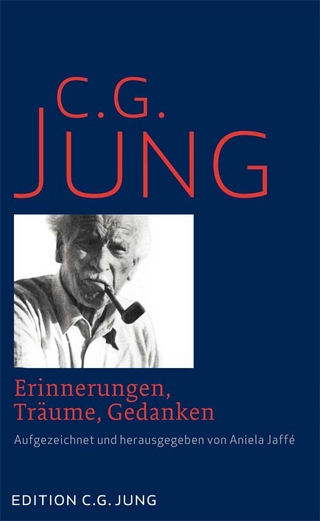
Mutual Impact
Phoenix Publishing House (Verlag)
978-1-80013-168-2 (ISBN)
What can psychoanalysis contribute to the interpretation and understanding of cultural products, in particular, literary works? What, on the other hand, can novels and plays offer to widen the conceptual and theoretical perspectives in psychology and psychoanalysis?
The interpretative strategies offered by psychoanalysis, often unfamiliar to cultural studies, can adorn literature with new meaning. Psychoanalysis enables the perspective of unconscious motivations of social action and thought and widens semiotic strategies to understand linguistic, and even infra-linguistic, signs. Conversely, psychoanalytic thinking has since its advent greatly profited from literature and literary criticism. From Freud onwards, psychoanalytic theory has integrated poetic knowledge or transformed epistemological and interpretative concepts of cultural studies into psychoanalysis.
Nine chapters each cover a famous work of literature from the likes of William Shakespeare and Herman Melville. Joachim Küchenhoff interprets each work from a psychoanalytic perspective while simultaneously combing its content for lessons which can be drawn and utilised in psychoanalytic practice, thereby eliciting the symbiotic relationship between the two fields.
Covering topics ranging from the tolerance for loss and the negative in King Lear to the difficulties in mourning and beginning anew in Nathan Hill’s The Nix, this intriguing work is a must-read for all those with an interest in literature, as well as those in the psychoanalytic field who wish to expand their knowledge base and adopt new and different ways of thinking.
Joachim Küchenhoff, MD, is a psychoanalyst and member of the International Psychoanalytical Association and of the Swiss and German psychoanalytic societies. He is a specialist in psychiatry/psychotherapy and in psychosomatic medicine, professor emeritus at Basel University and visiting professor at the International Psychoanalytic University (IPU) Berlin. He worked as the medical director of the department of adult psychiatry in the canton Baselland, Switzerland, from 2007 to 2018. He is editor-in-chief of the Swiss Archives of Neurology, Psychiatry and Psychotherapy and chair of the supervisory board at the IPU Berlin. He has written seventeen academic books and in addition has edited twenty-three academic volumes. He has published widely, especially on psychoanalytic topics. The full list of his publications can be found via his homepage (www.praxis-kuechenhoff.ch). He is especially interested in psychoanalytic transdisciplinary research, and, thus, has collaborated intensively with philosophical, cultural, and literary scholars. His scientific work centres on the psychoanalytic approach to severe psychic disorders in psychiatry and psychosomatic medicine and on the subjective body experience (body image).
Acknowledgements
About the author
Introduction
CHAPTER 1
Negativity and Language in King Lear (W. Shakespeare)
CHAPTER 2
On the Chances and Dead-Ends of Saying “no” – Bartleby the Scrivener (H. Melville)
CHAPTER 3
Aesthetic Form and Unconscious Sense: Self-Care and Identity in Moby Dick (H. Melville)
CHAPTER 4
Time and the Other in the Process of Remembering – Embers (S. Marai)
CHAPTER 5
Intercultural Violence and Intercultural Transitional Spaces: Construction and Deconstruction of the Foreign – Tracks (L. Erdrich)
CHAPTER 6
Dying in Literature and Psychoanalysis – Everyman (P. Roth)
CHAPTER 7
Body, Deficiency, Shame – Nemesis (P. Roth)
CHAPTER 8
Relations, Work on Relationships, Missed Encounter – The Vegetarian (Han Kang)
CHAPTER 9
In Transition: Say Goodbye and Start Over – The Nix (N. Hill)
References
Index
| Erscheinungsdatum | 28.04.2023 |
|---|---|
| Sprache | englisch |
| Maße | 152 x 229 mm |
| Gewicht | 342 g |
| Themenwelt | Geisteswissenschaften ► Psychologie ► Psychoanalyse / Tiefenpsychologie |
| Geisteswissenschaften ► Sprach- / Literaturwissenschaft ► Anglistik / Amerikanistik | |
| Geisteswissenschaften ► Sprach- / Literaturwissenschaft ► Literaturwissenschaft | |
| ISBN-10 | 1-80013-168-2 / 1800131682 |
| ISBN-13 | 978-1-80013-168-2 / 9781800131682 |
| Zustand | Neuware |
| Informationen gemäß Produktsicherheitsverordnung (GPSR) | |
| Haben Sie eine Frage zum Produkt? |
aus dem Bereich


